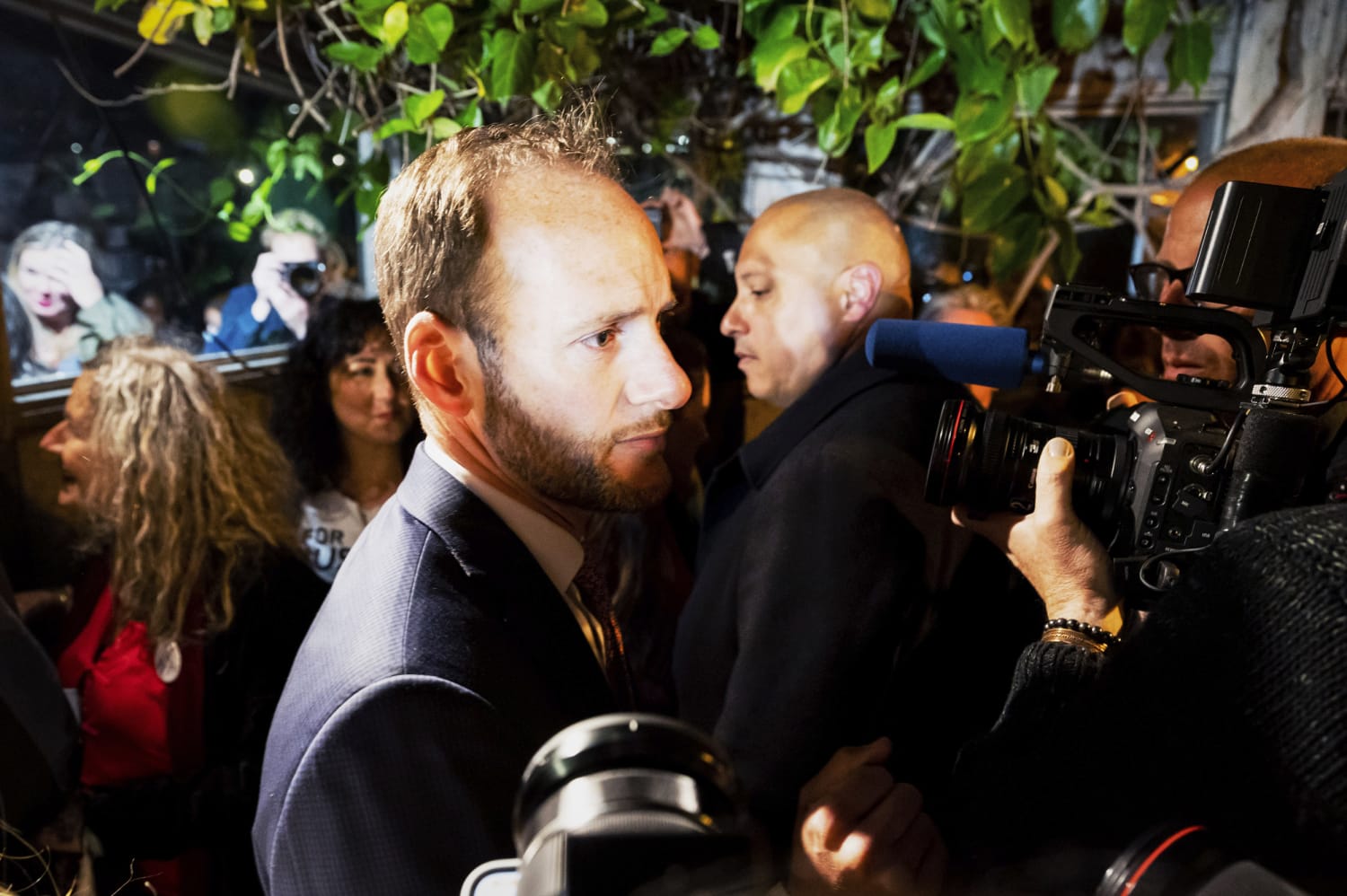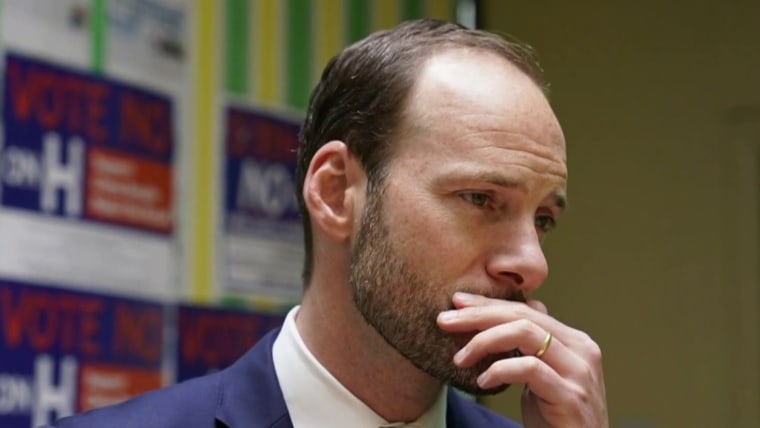America’s hyperpartisanship gets a lot of attention these days, but the results from Tuesday’s primaries are a warning to both parties that they need to watch the extremes within their own ranks. From deep blue California to conservative South Dakota, it’s clear ideological stalwarts can go too far and alienate their own political bases.
Bread-and-butter voting issues like the economy and crime often move Democratic voters more than ideological or cultural ones.
Voters in deeply Democratic and Republican enclaves ate their own as they contemplated policies pushed by ideologues that weren’t actually seen to make their lives better. Voters in California’s most prominent cities sent a message that rising crime, homelessness and other challenges are major concerns. In the Great Plains, voters rejected the political interests of former President Donald Trump by backing a GOP House member who supported an independent Jan. 6 commission, and they preserved the option of expanding Medicaid despite its being a long-standing liberal goal.
Perhaps the highest-profile intraparty rebuke Tuesday came in San Francisco, which is routinely rated the most liberal big city in the U.S. District Attorney Chesa Boudin was recalled after he’d won the office in November 2019 on a platform of criminal justice reform. Boudin, the son of 1960-era left-wing radicals, pursued programs including seeking to end cash bail and limiting the number of people who are jailed while facing criminal charges. Amid rising crime rates, 60 percent of San Francisco voters chose to oust him.
The defenestration followed another rejection of liberals in February, when the city recalled three members of the school board. Issues then included seeking to rename dozens of campuses — including schools named for Abraham Lincoln and George Washington — amid the coronavirus pandemic while a variety of problems more pressing than school names raged.
The episodes are a vivid reminder that issues like rising crime and wokeness run amok don’t just threaten to turn off swing voters; even people on the left side of the political spectrum can take issue with them. Not alienating the Democratic base, including its mainstream liberal elements, is crucial for the party as it heads into November already facing tough headwinds, including President Joe Biden’s sinking approval ratings, stubbornly high gas prices and the worst inflation in 40 years.
It was a similar story to the south on Tuesday, where Angelenos declined to give the majority of their vote for mayor to the Democratic candidate squarely on the left, Rep. Karen Bass. Los Angeles party registration strongly favors Democrats over Republicans, but Bass finished second behind billionaire businessman Rick Caruso, known for developing outdoor shopping centers. Caruso, who spent $34 million of his own money, is a former Republican and a member of the board of trustees of the Ronald Reagan Presidential Foundation.
Economic issues were particularly potent in Caruso’s campaign, as hetapped into growing resentment over spiking housing prices and higher gas costs. On Wednesday, with about half of the vote in, Caruso had earned 42 percent of the vote, to 37 percent for Bass. The pair will face off in November under California’s “top-two” primary rules, but the result was seen as a heavy blow to Bass.
Though the California results are only two races, they still underscore that bread-and-butter voting issues like the economy and crime often move Democratic voters more than ideological or cultural ones. Ignoring them is a recipe for electoral disaster in November.
Democrats weren’t the only party Tuesday to have its rank-and-file voters back away from ideologically maximal candidates and proposals. In South Dakota, where Trump beat Biden by 62 percent to 36 percent in 2020, Republican primary voters renominated Rep. Dusty Johnson even though his competitor questioned his conservative credentials, most notably because he supported an independent commission to investigate the Jan. 6 Capitol riots.
South Dakota voters on Tuesday also strongly rejected a ballot measure that would have required any future referendums that would increase taxes or fees by $10 million in five years to pass with the support of at least 60 percent of voters rather than simple majorities The ballot measure was a thinly disguised ploy to thwart a proposal to expand Medicaid eligibility that the state’s voters will consider in November.
Combined, these outcomes suggest that even in a relatively one-party state like South Dakota, there can be aversion to political extremes. While Trump has had his share of victories in primaries in which he’s backed candidates, his preferred office-seekers have also lost a slew of high-profile races already this year, including, but not limited to, the GOP gubernatorial primaries in Georgia, Idaho and Nebraska.
To be sure, voters on Tuesday didn’t uniformly distance themselves from their parties’ bases. In Mississippi’s 3rd Congressional District, Rep. Michael Guest’s 46.9 percent primary showing against a conservative primary challenger, with about 95 percent of the vote in, isn’t encouraging for his chances of winning renomination in an expected runoff on June 28. Like Johnson, Guest supported an independent Jan. 6 commission.
Next Tuesday, two other members of Congress face Trump-backed challengers. While polling has been sparse, both GOP incumbents have decent chances of holding on. If they do, Tuesday’s election results favoring centrism and moderation will look more like the rule than the exception.
Source: | This article originally belongs to Nbcnews.com











